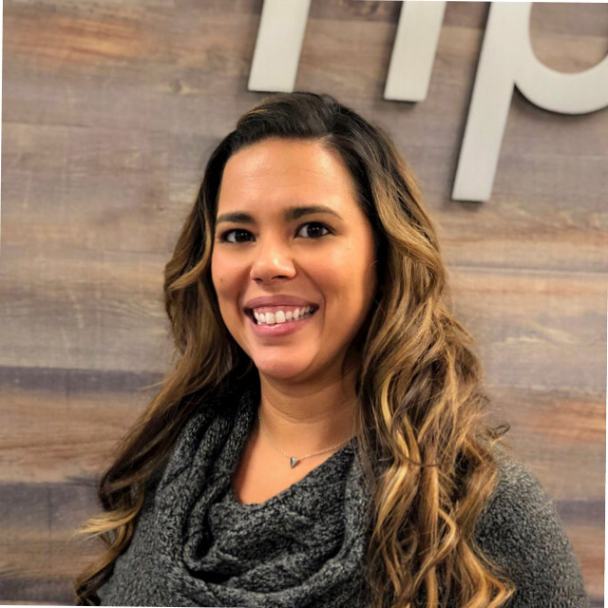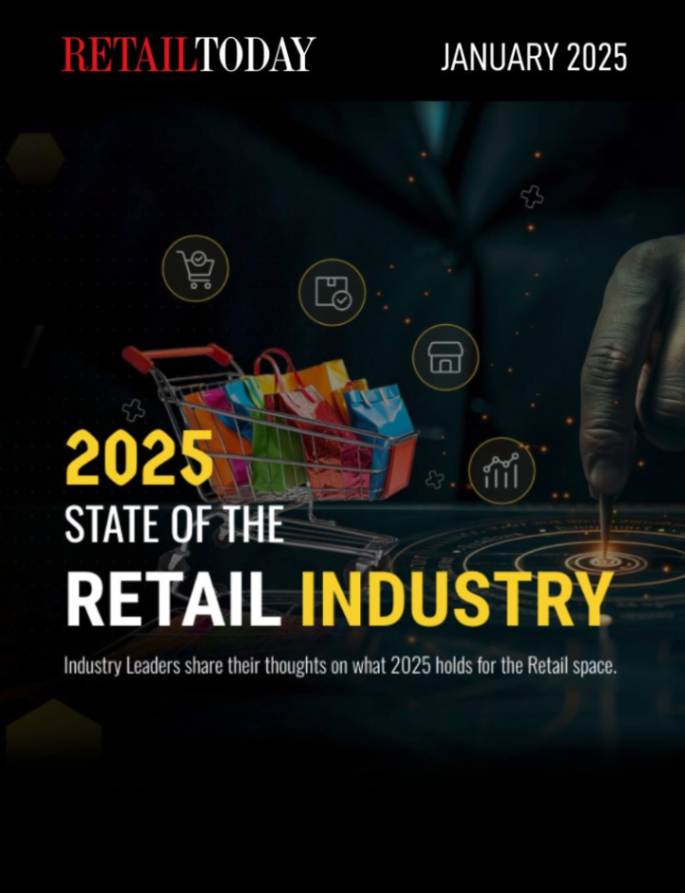
When it comes to managing payments in the retail space today, balance is everything. In fact, over the last decade, retailers have been in a race to make their operations more relevant and profitable, juggling new inventory streams, products and vendors to help navigate an increasingly competitive and digital world. As a result of these paradigm shifts, the line between optimized and overwhelmed is smaller than ever before, causing many companies to reimagine their operations with efficiency and scalability in mind. The first step? Financial automation.
Indeed, as companies expand the ecosystem of products, sellers and vendors at their disposal, internal teams increasingly need to depend on accounts payable (AP) to hold the house of cards together. In fact, according to a recent PYMNTS survey, 82% of online marketplaces said their business’s expansion would be at least somewhat or slightly inhibited if they could not handle their forecasted growth in AP volume. With this in mind, it’s clear that companies looking to innovate their frontend retail services must also be willing to innovate their backend payments systems that underpin them or risk suffering the consequences of obsolescence.
Fortunately, by leveraging new financial automation tools, companies can remove the friction and complexity of scaling payments processes, allowing them to easily manage global suppliers, institute purchase requests, streamline invoice processing and execute global payments on one easy-to-use interface. Unlike traditional methods, which are often fraught with cost and time inefficiencies, automated payments platforms actually reduce the number of hours spent on manual tasks. With more freedom, finance teams can reallocate their energy toward more strategic endeavors, driving new activities to the business and attracting and retaining a top vendor network in the process.
If 2022 was the year of expansion, 2023 is the year of experience. Accordingly, when updating payments processes, I always recommend putting yourself in the shoes of a potential partner and thinking about how automation could help streamline their pain points. For new partners, I always ask myself: “If I wanted to work with your business – especially when cross-border considerations are involved – how easy would it be to manage payment?” As many can attest, the first introduction to your business dictates whether that partner ends up working with you at all, which is why it’s critical that day-to-day processes, such as partner onboarding, be as seamless as possible.
However, the questions slightly differ for existing partners: Why do my partners choose to work with my company over another? Do I bring something beneficial to these relationships that my competitors don’t? In many ways, financial automation is a partnership differentiator, providing potential vendors with the agency to operate independently without relying on incessant emails and phone calls to find out where their payments may be. Vendors today are bombarded with a sea of partnership opportunities, and financial automation can be a surefire way to create the white glove experience they simply cannot ignore.
Looking to the future, gone are the days of antiquated manual payments processes that leave potential vendors frustrated and valuable opportunities on the table. On the contrary, by integrating automation across existing payments processes, companies can create seamless end-to-end experiences that save time and promote productivity. Trust me: the juice will be well worth the squeeze.
Jeannie Sabaroff is the VP of Digital at Tipalti, a finance automation suite with a focus on global payments and accounts payable, where she leads the digital team, one she created shortly after joining the company over six years ago. Prior to Tipalti, Jeannie led sales organizations at Glassdoor and Liberty Travel, consistently exceeding goals and driving results through a mission-focused approach. Over the course of her career, Jeannie’s passion for leadership development has driven her ability to take underperforming teams to a place of success and empower a new generation of sales executives. Jeannie holds a B.A. from Temple University and earned her M.A. at Bowling Green State University.






